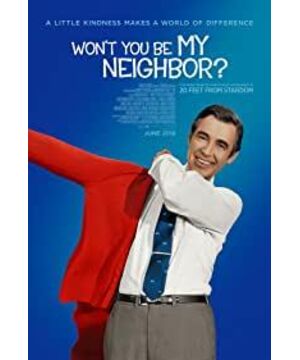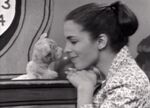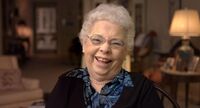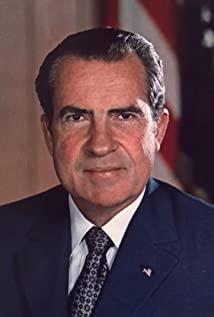First time writing a film review for a documentary. Apart from the distance between this form and ordinary audiences, probably because the documentary itself is already an intuitive interpretation of a certain thing and a certain person. And interpreting another person's interpretation is a mouthful just to say.
This is a false proposition, because in fact, I did not intend to write a film review for this film. Of course it's a good documentary trying to show us the real Fred Rogers. It is precisely because of the true restoration of the documentary that I was moved by this person.
Fred is arguably the first person on a children's TV show. In the 1970s and 1990s, a large proportion of children in the United States grew up watching his shows. When he first entered the TV industry, most shows on TV were spoofs, and commercials, like today, would do anything to turn viewers into consumers. So he decided to do something different.
· Treat children like adults
Fred didn't try to fit into this TV environment. Instead, his TV shows are soothing and sincere. "I see the camera as a person, not a specific person, but a person, so this communication is very personal." He was not in a hurry. For TV, time is indeed money, but his programs are very slow. He patiently communicates with the children in front of the TV, and also gives them time to react. Although the form is relaxed, he does not do the show in the form of jokes or clowns, but regards this as a serious matter.
In the landmine-ridden field of children's education, he dared to mention some of the most horrific realities. In the social state of serious racial discrimination in the United States at that time, he invited black actors to wash their feet with him on the show; under the public opinion of homophobia, he kept telling himself the homosexuals on the show, I love you as you are.
Instead of trying to escape all the horrible things that were going on in America and the world at the time, he just picked them up, explained them in a way that kids could understand, and comforted them. Many times his programs are very simple, but very reassuring. He also has the ability to start with something fun and then introduce a deep topic in a clever way, allowing children to hear boring big things before they know it. In the face of every major disaster, he took on the responsibility of comforting the children. What he wants to teach his children is to treat everything around him with love.
To make sure I wasn't being misled by the film, I went to see Mister Rogers' Neighborhood. It was obviously a show for kindergarten-aged children, but I watched it with relish. No doubt adults can learn something from his show too.
When Congress decided to take 20 million dollars from the TV industry to fund the Vietnam War. When the dust has almost settled and everyone's efforts have been unsuccessful, Fred uses a nursery rhyme to make the congressman change his mind in an instant.
Some later took anger at his inclusion (because he included black and gay people on the show), claiming that the incompetence of contemporary youth is because Rogers kept telling them "you're special" when they were kids. This accusation is clearly unfounded, because Rogers' recognition of children is different from the doting of many parents. He protects children when they need them most, in the face of the inexplicable adult world, and the indigestible terrible reality. , become their safe haven. Instead of avoiding scary realities or wrapping pain in colorful candy paper, he teaches children to face pain, doubt, let them know that these are normal feelings, and tell them it's okay, someone loves you.
Mr Rogers later explained in his university speech that his intention was to tell every child that you don't need to do anything earth-shattering to make someone love you. All he gave his children was pure love, telling them that the world still loves you, even those especially unfortunate ones. This kind of positive energy is essential in the growth of children.
· Treat adults like children
Then Fred started a talk show where he interviewed some celebrities and sat down with them. Like his children's program, this uncle's program is unprecedented. The show wasn't as well known as his children's show, and the children's world's dislike of him brought him to a quick end to the episode. But it is not difficult to find from the images that can be seen that everyone sitting across from him is deeply infected by him, opening the door that has been closed in the adult world for a long time. In front of him, everyone is pure and innocent. like a child.
Fred's communication with people has returned to its essence. Although he is a child educator, it is not difficult to see from the interview that his wisdom is also outstanding among the elderly. He does not shy away from expressing his views, even if it is an expression of emotions that is difficult to explain clearly, but these expressions are surprisingly agreeable. This is probably the same reason that music resonates with people.
It was as if everyone suddenly took off their armor in front of Fred and lowered their defenses. The truth is actually very simple, sincerity can be exchanged for sincerity.
That's all for today, we'll talk about it in the next part
(Welcome to the public account: Little Red Riding Hood chatting about movies)
View more about Won't You Be My Neighbor? reviews











